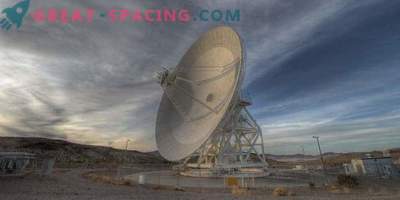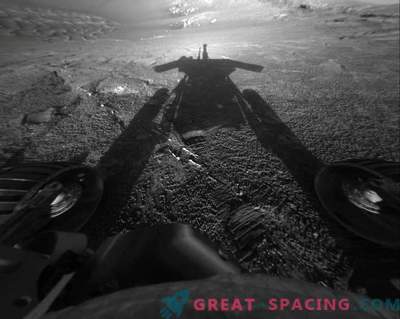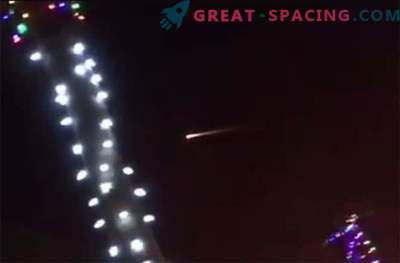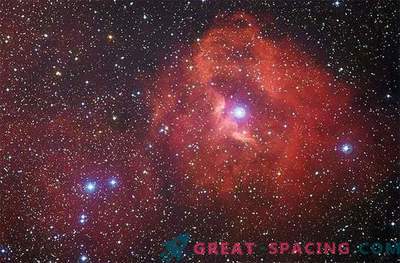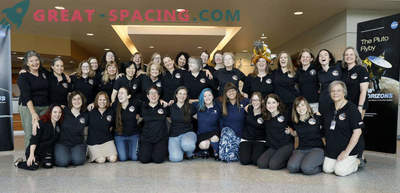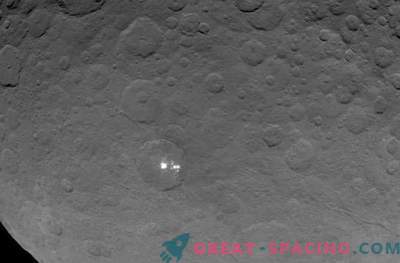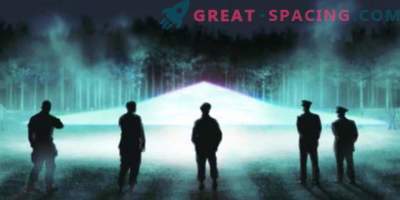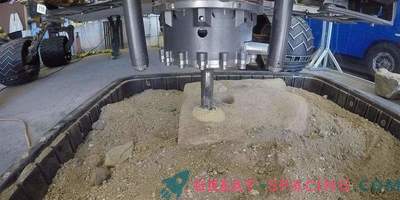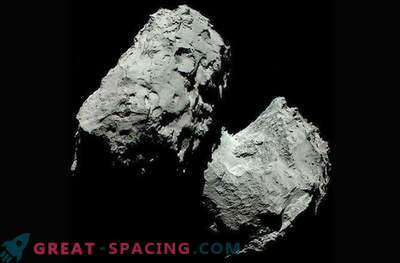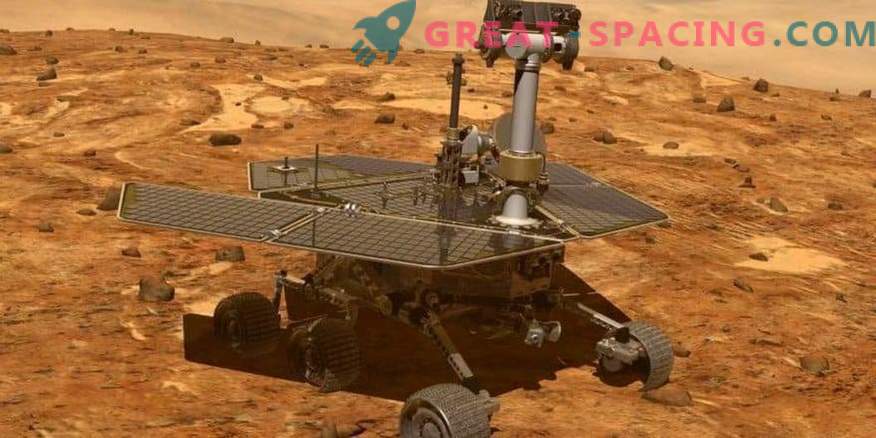
NASA expects to complete the daily tapping of the Opportunity rover in the next 1-2 weeks, but will continue the passive “surveillance” for several more months.
In the near future, NASA will complete a period of active attempts to contact the Opportunity Martian Rover, which has not responded for 4 months due to a collision with a dust storm. However, the agency will continue to passively pick up any signals from the device.
Opportunity has been on Mars since January 2004 and has ceased to communicate with Earth on June 10, 2018. The reason was a powerful dust storm that swept the entire planet, blocked sunlight and made it impossible for the rover to charge the batteries.
On September 11, the NASA Jet Propulsion Laboratory stated that the storm was settling and its level was low enough for the rover to start receiving sunlight. At that moment, the controllers began the active listening phase, where they transmitted Opportunity signals in the hope of receiving a response.

A month has passed from the 45-day deadline and active listening comes to an end with no results. However, NASA intends to continue to attempt to contact on a weekly basis. The reason was also the preparation for landing on the Martian surface of the InSight spacecraft, which is due to land on November 26.
The schedule is consistent with previous plans to restore communication with the rover. As early as August 30, NASA announced that they would start an audition for 45 days as soon as the dust settled down sufficiently. Some former employees criticized such a plan, believing that the allotted time was not enough, and the solar panels were covered with dust, which could be blown off by the winds in later seasons.
However, NASA claims that they are not abandoning the search for the rover, they will simply do it with less activity. The main thing is to survive the battery. A dust storm increases the temperature, but after a recession a sharp decline occurs every night. There is a risk that the batteries will simply freeze.





